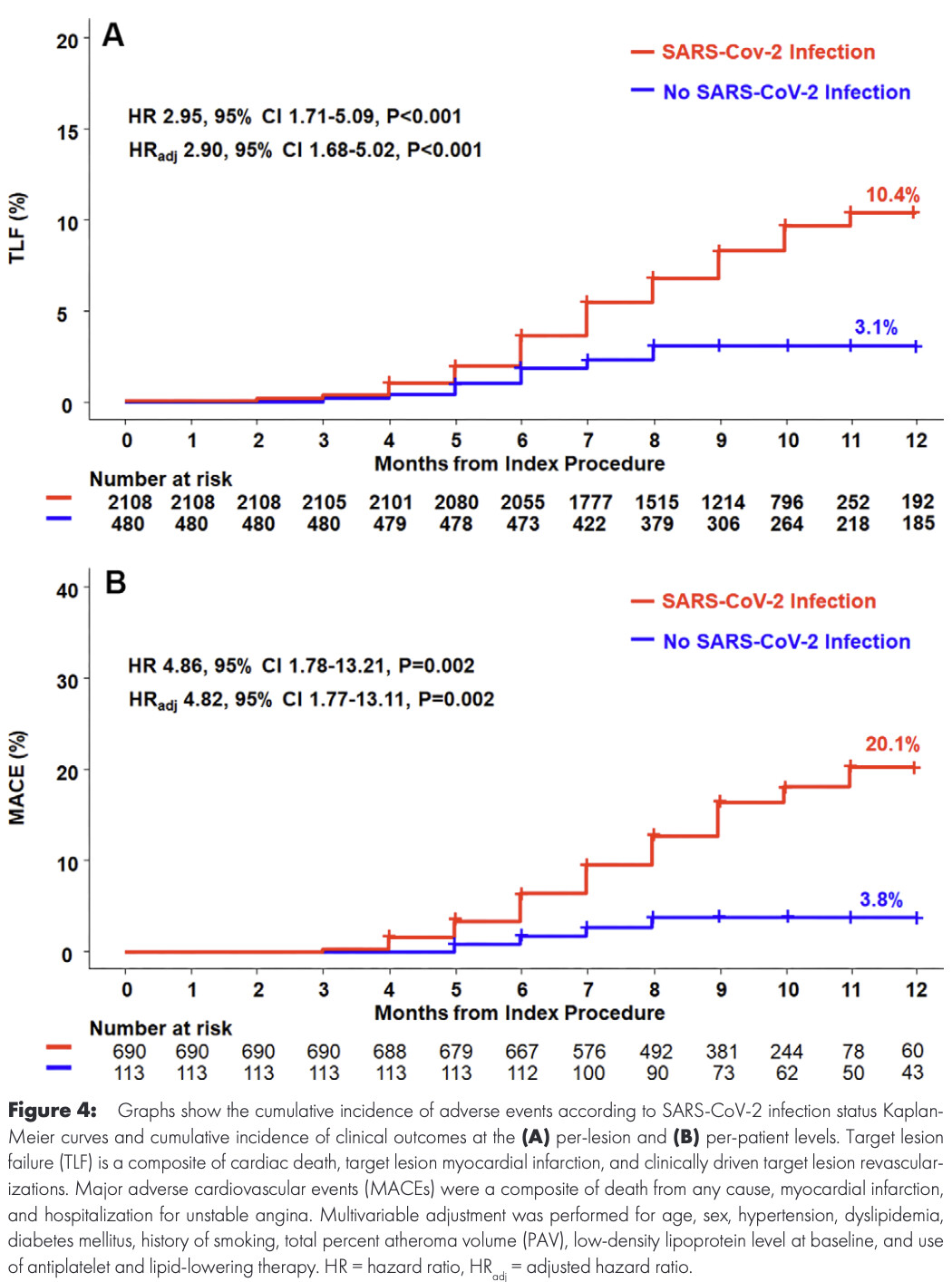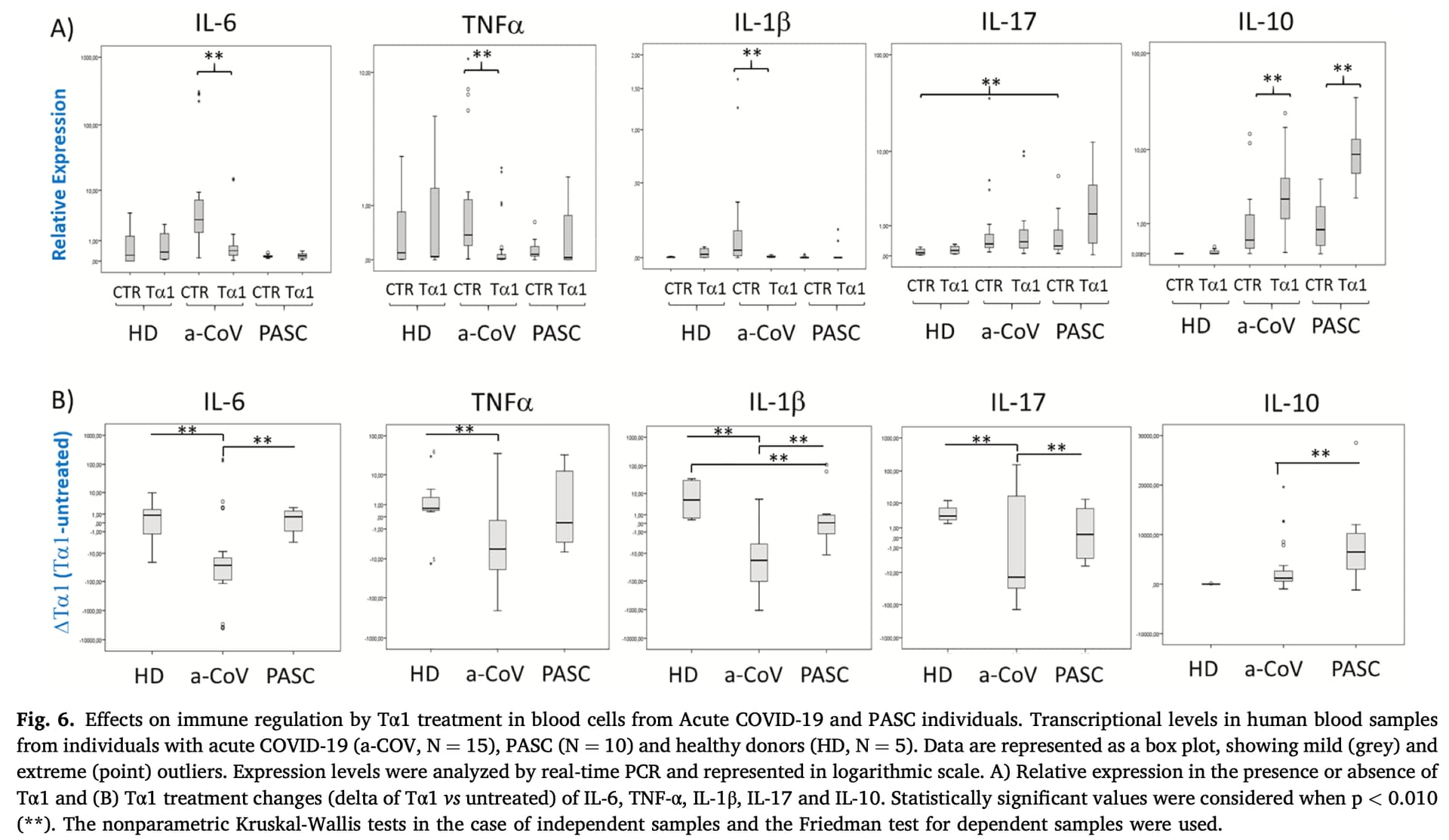Dayspring and Attia on cardiovascular health.
This week, on episode #334 of The Drive, Peter sits down with Tom Dayspring, M.D., a world-renowned expert in clinical lipidology and a previous guest on The Drive.
In this episode, Tom explores the foundations of atherosclerosis and why atherosclerotic cardiovascular disease (ASCVD) is the leading cause of death worldwide for both men and women. He examines how the disease develops from a pathological perspective and discusses key risk factors, including often-overlooked contributors such as insulin resistance and chronic kidney disease. He breaks down the complexities of cholesterol and lipoproteins—including LDL, VLDL, IDL, and HDL—with an in-depth discussion on the critical role of apolipoprotein B (apoB) in the development of atherosclerosis. Additionally, he covers the importance of testing various biomarkers, the impact of nutrition on lipid levels, and the vital role of cholesterol in brain health, including how cholesterol is synthesized and managed in the brain, how it differs from cholesterol regulation in the rest of the body, and how pharmacological interventions can influence brain cholesterol metabolism.
They also discuss:
- Defining atherosclerotic cardiovascular disease (ASCVD): development, risks, and physiological impact
- The pathogenesis of ASCVD: the silent development over decades, and the importance of early detection for prevention of adverse outcomes
- How aging and lifestyle factors contribute to rising apoB and LDL cholesterol levels, and the lifestyle changes that can lower it
- How statins might affect brain cholesterol synthesis and cognitive function, and alternative lipid-lowering strategies for high-risk individuals
- More


